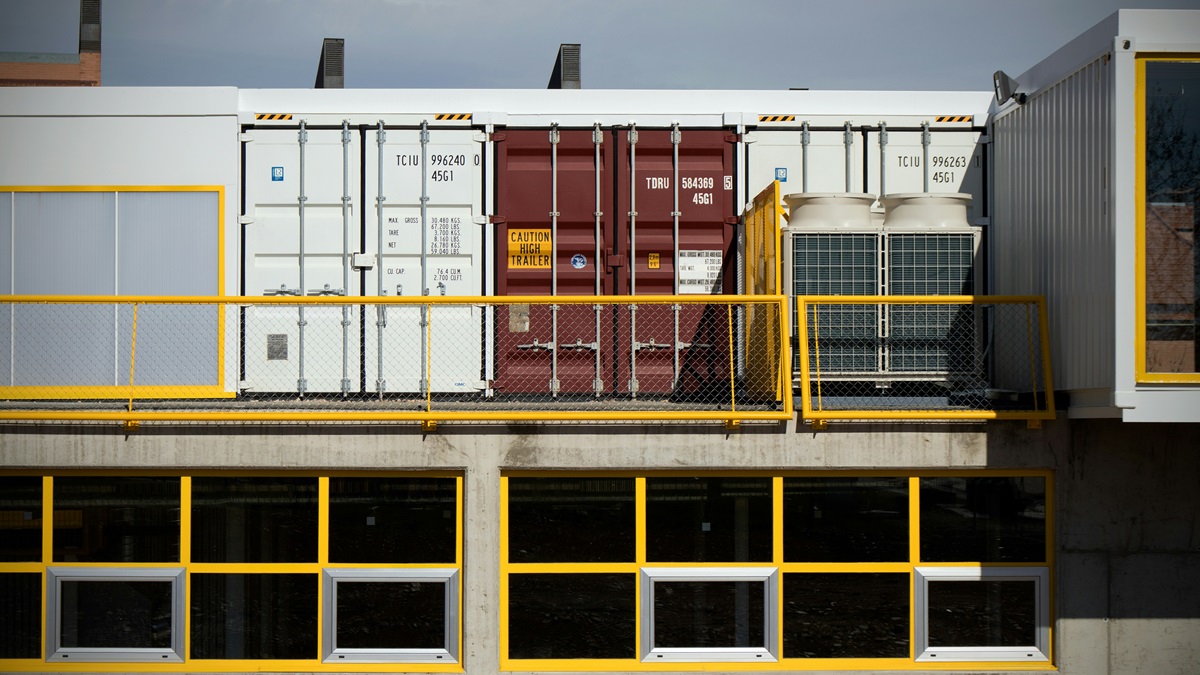Economic Empowerment: The Business Case for Energy Storage
In the ever-evolving landscape of modern business, the strategic adoption of innovative technologies is key to economic empowerment and sustainability. At the forefront of this transformation is the compelling business case for energy storage. This article delves into the multifaceted advantages of energy storage solutions, exploring their role in reducing costs, enhancing operational efficiency, and contributing to a resilient and empowered business future.
The Strategic Imperative of Energy Storage
Uninterrupted Business Operations
Mitigating Downtime for Enhanced Productivity
Energy storage serves as a strategic imperative for businesses, ensuring uninterrupted operations in the face of power outages. By seamlessly transitioning to stored energy during grid disruptions, businesses mitigate downtime, safeguarding productivity, and minimizing economic losses. This capability becomes a competitive advantage, especially in industries where continuous operation is critical.
Strategic Load Management
Optimizing Operational Efficiency
Beyond acting as a backup solution, energy storage empowers businesses with strategic load management. The ability to control energy consumption during peak demand periods optimizes operational efficiency. Businesses can draw on stored energy when grid costs are high, reducing reliance on external power sources and strategically managing energy expenses. This leads to cost savings and enhanced financial stability.
The Financial Advantages of Energy Storage
Mitigating Peak Demand Costs
Strategic Financial Management Through Storage
One of the primary financial advantages of energy storage lies in mitigating peak demand costs. Businesses often face elevated energy costs during peak periods. Energy storage systems offer a solution by allowing businesses to draw on stored energy during these periods, reducing dependence on grid power and resulting in substantial savings over time.
Enhancing Property Value
Sustainability as a Marketable Asset
Commercial properties equipped with energy storage systems gain a competitive edge in the real estate market. As sustainability becomes a key consideration for businesses, the inclusion of energy storage enhances property value. Commercial spaces that prioritize energy resilience and efficiency not only attract environmentally conscious tenants but also position themselves as forward-thinking entities in the eyes of investors.
The Environmental and Social Impact of Energy Storage
Reducing Carbon Footprint
Contributing to Global Environmental Goals
Energy storage aligns with global efforts to reduce carbon footprints. By decreasing reliance on non-renewable energy sources during peak periods, businesses actively contribute to environmental stewardship. This not only fulfills corporate social responsibility goals but also positions businesses as environmentally conscious entities, appealing to stakeholders and consumers alike.
Optimizing Renewable Energy Integration
Maximizing the Benefits of Clean Energy Sources
Energy storage facilitates the seamless integration of renewable energy sources. Whether harnessing solar power during the day or wind energy during specific conditions, storage solutions enable businesses to maximize the benefits of clean energy. This integration not only supports green energy initiatives but also reduces dependence on traditional power sources.
Future-Proofing Business Operations
Continuous Technological Advancements
Staying Ahead in a Dynamic Technological Landscape
The field of energy storage is marked by continuous technological advancements. Ongoing innovations, from more efficient batteries to advanced energy management systems, ensure that storage solutions evolve with the demands of modern businesses. This adaptability future-proofs operations, allowing businesses to stay ahead in a dynamic technological landscape.
Grid Independence for Enhanced Reliability
Enhancing Operational Reliability Through Independence
Energy storage systems offer the potential for grid independence, a critical aspect of operational reliability. The ability to operate autonomously during grid failures or emergencies safeguards businesses against unforeseen disruptions. This enhanced operational reliability ensures that critical business processes can continue without dependence on external power sources.
Conclusion: Empowering Businesses Through Energy Storage
As businesses navigate an increasingly complex energy landscape, the adoption of energy storage emerges as a strategic imperative. Beyond addressing power outages, these solutions redefine how businesses approach energy consumption, financial management, and environmental responsibility. By optimizing operations, reducing costs, and contributing to a sustainable future, energy storage becomes a cornerstone in empowering businesses economically and ensuring resilience in an ever-changing business environment.
Post time: Jan-24-2024


